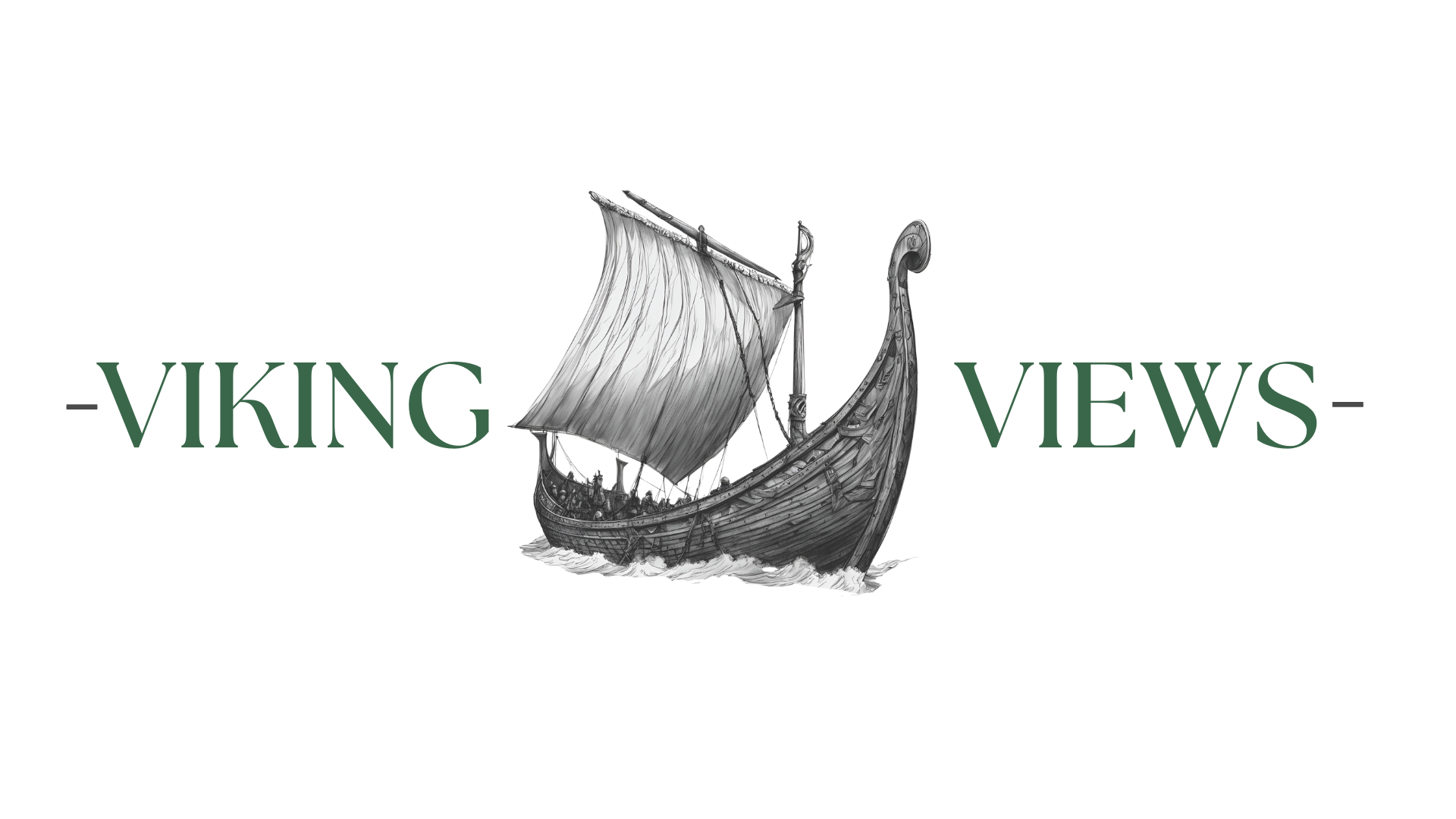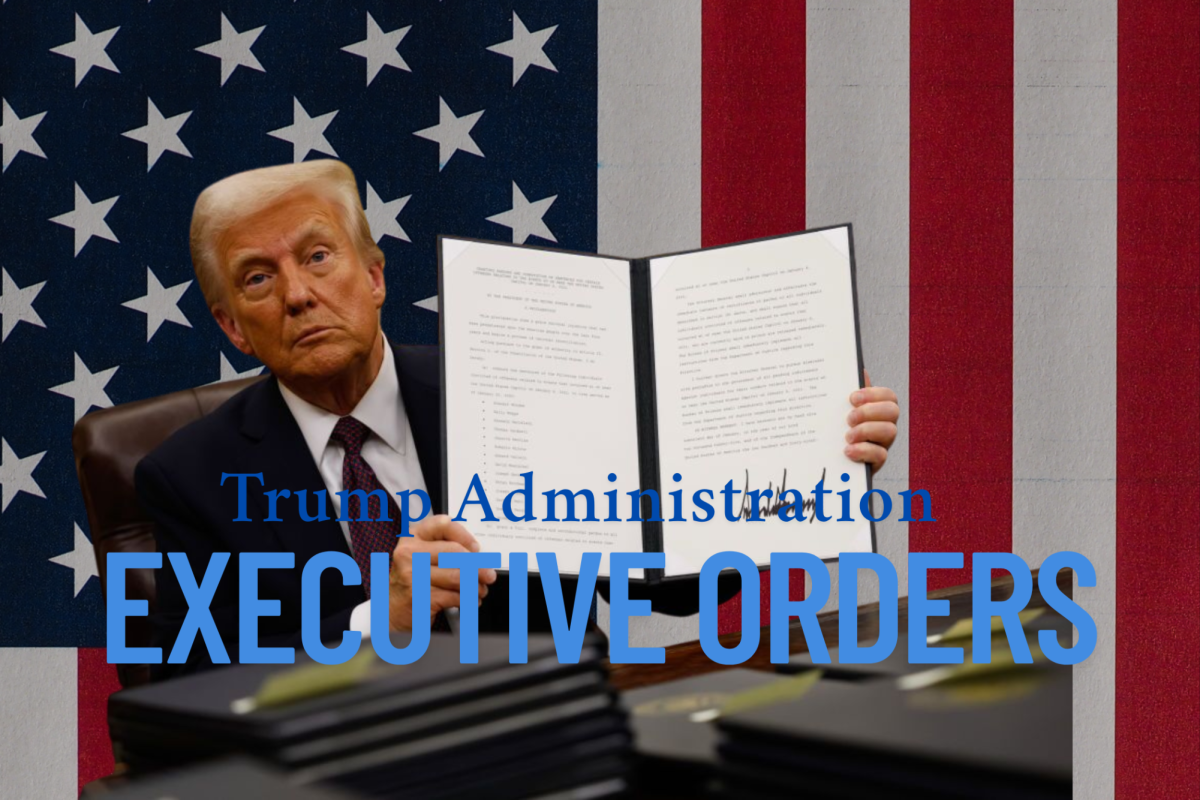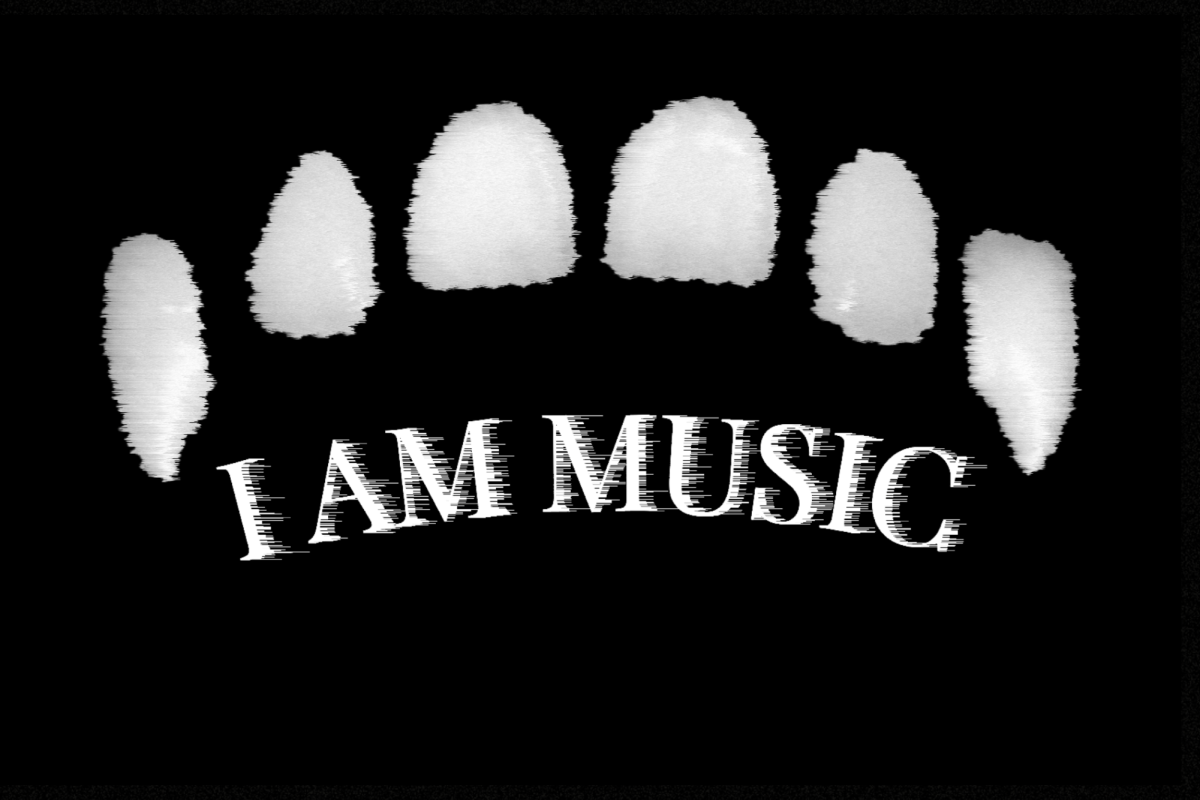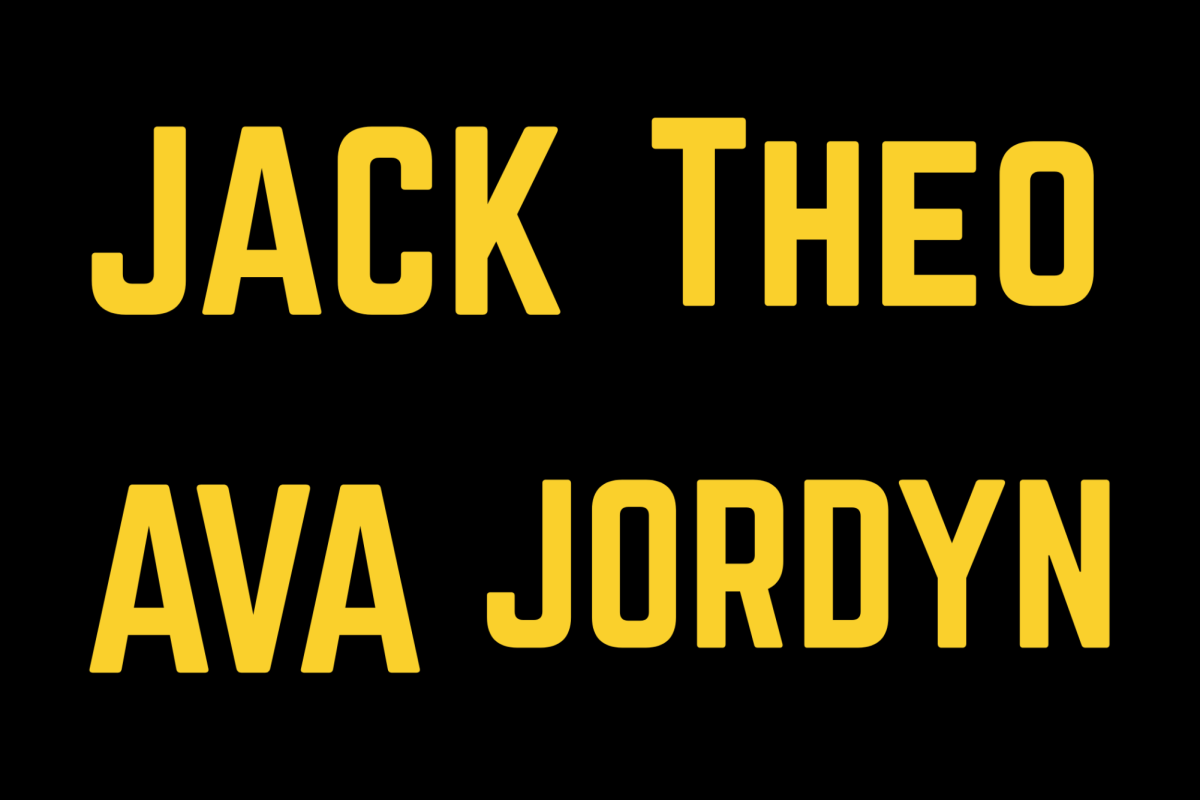Jeffrey Goldberg, Senior Editor at The Atlantic, reported he had been placed in a high-ranking group chat centered around war strategy on March 13, sparking concerns about cybersecurity and confidentiality, NPR News reported.
The chat was hosted on the platform Signal– a platform known for tight encryption security– but users can add anyone on the platform, and presumably, one of the government officials added Goldberg by mistake.
Goldberg had initially questioned the authenticity of the strange situation, as there have been past attempts to “embarrass journalists.”
“I had extreme doubts that this text group was real because I could not believe that the national-security leadership of the United States would communicate on Signal about imminent war plans,” Goldberg wrote for The Atlantic.
The texts exchanged within the group chat- which involved figures like Vice President JD Vance and Secretary of Defense Pete Hegseth- revealed a further push of policies like American isolationism and military actions intending to bomb Yemen.
Vance expressed concerns and said, “I am not sure the president is aware how inconsistent this is with his message on Europe right now. There’s a further risk that we see a moderate to severe spike in oil prices.”
In further dialogue, when making a case for said attacks, Vance responded, “If you think we should do it, let’s go. I just hate bailing Europe out again.”
This was followed by Hegseth, who said, “I fully share your loathing of European free-loading. ‘It’s PATHETIC.”
The final action in the group chat was to confirm the bombing of the Yemeni terrorist group.
U.S. National Security Advisor Micheal Waltz responded with a simple string of emojis.
The severity of the acts discussed in a text group chat are a telltale warning of an issue America had experienced previously with the Iran-Contra affair.
The Iran-Contra affair was a political scandal during the Reagan administration in which senior U.S. officials secretly sold arms to Iran—despite an arms embargo—in an effort to secure the release of American hostages.
They then illegally diverted the proceeds to fund the Contras, a rebel group fighting the socialist government in Nicaragua.
When the group chat’s contents gained fame, concerns about the Freedom of Information Act (FOIA) emerged.
The FOIA was established on July 4th, 1966.
According to the FOIA’s official website, its basic function is to “ensure informed citizens, vital to the functioning of a democratic society.”
This, in turn, guarantees that any U.S. citizen can request federal agency records, promoting transparency in government actions.
The FOIA has been crucial in revealing government secrets, such as the Iran-Contra affair and former National Rifle Association President Oliver North’s role in selling weapons to a country with which the U.S. was actively at war.
Using encrypted group chats, distinct from official federal communications, enables government officials to discuss sensitive matters without the risk of violating the FOIA.
This is concerning because these practices circumvent the public’s right to access information.
Some individuals, due to the severity of the event, are calling for the resignation of these office-holders.
“You all need to resign in disgrace,” wrote X user @ArtCandee under a post Vance made, which attempted to debase Goldberg.
























































